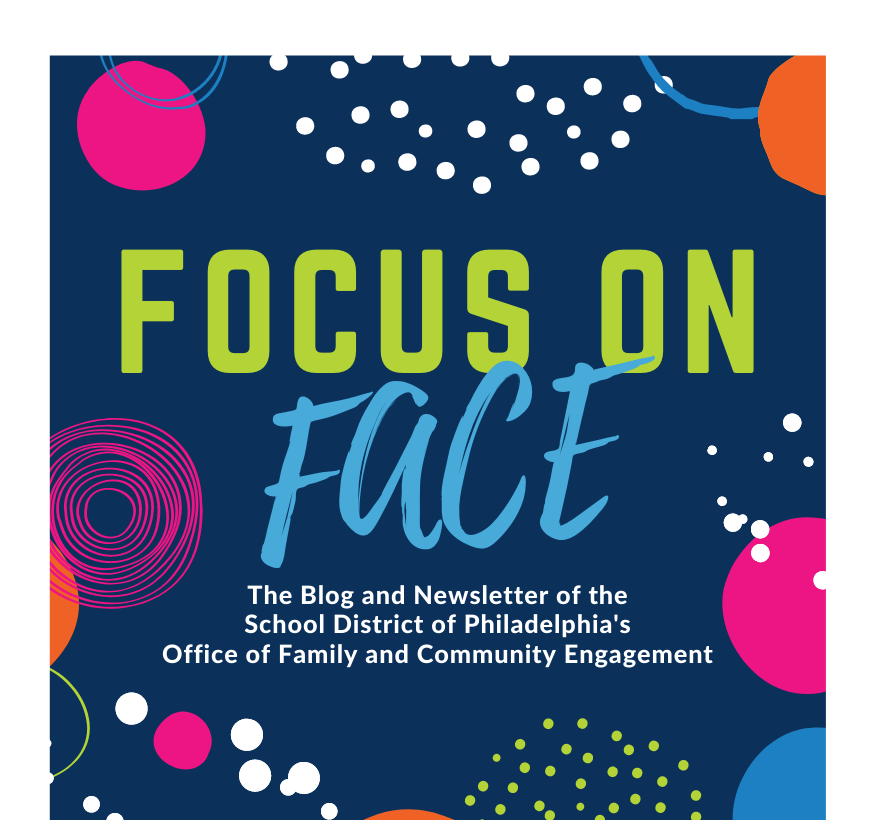 In honor of Family Engagement month, we wanted to not only focus on families who are engaged in their schools, but the teachers whom they support! Engaging families can be difficult for teachers, who already work very hard to ensure that our young people are getting the quality education they deserve, so we have assembled some tips for teachers to help build strong relationships with families.
In honor of Family Engagement month, we wanted to not only focus on families who are engaged in their schools, but the teachers whom they support! Engaging families can be difficult for teachers, who already work very hard to ensure that our young people are getting the quality education they deserve, so we have assembled some tips for teachers to help build strong relationships with families.
1.) Let People Know What You Need
Many parents and families want to get involved in their child’s school, but may feel overwhelmed about the ways to do so. There’s volunteering in the school office, with School Advisory Councils, sports teams, Home and School Associations, and school dances, just to name a few!
While those are all fantastic ways to be involved, you may think about compiling a list of needs in your classroom.
Do you need help making copies or distributing books? Do you think you’ll have many field trips and need chaperones?
Jot down these ideas so that when people ask, you know what your immediate needs are. Think about ways that people who work during the day could help out, like helping to send a classroom newsletter, managing your classroom Facebook page, or donating supplies.
You could also think about creating an engagement interest sheet at Back to School Night or Parent Teacher Conferences, so that people can see your needs and sign up to help!
2.) Share Positive Notes
Many teachers started the simple but inventive act of sending home positive notes about students. Challenge yourself to send home one note each day about a “star student” moment. Maybe a child used great manners by holding a door for someone, asked great questions, or did particularly well on as assignment – let their family know!
If you choose one student every day for the entire school year, each student will get a few notes per year. These messages could go a long way to show that you are going that extra mile to send positivity their way and build rapport with your students’ families!
3.) Accessibility
Being accessible to every family in your classroom can be challenging, especially in a district as large and diverse as the School District of Philadelphia. Many teachers have begun using their own systems of communication, like Facebook or Remind, to stay connected with families, outside of the School District of Philadelphia’s Parent and Family Portal. Be mindful that not every parent and family may have access to internet, phones, or computers to use these systems.
Another thing to think about is language – there are dozens of languages spoken by all of our families in the District! The FACE Office’s Multilingual Family Support division can provide District teachers and staff members with live interpretation, translate any document, and educate you on Pacific Interpreters, a telephonic interpreter service free to all District staff.
4.) Reaching out
Many parents and families may feel distrustful, intimidated, or disconnected with the school community for a number of reasons. Consider taking the time to reach out to them to understand how family engagement could work for them.
Perhaps calling a parent or family member who seems particularly disengaged may help you build rapport, and eventually you can invite the parent into the school for a workshop or parent meeting.
Many School Advisory Councils also act as a trust-building entity, so consider asking the SAC for ideas on how to get your parents and families more engaged or suggest they hold a workshops, open houses, or focus groups to have time to get to know more about families in a positive light and see how you can best work with them.
5.) Never Feel Pressure to Make Decisions Right Away
It’s inevitable that you’ll have many conversations with parents and family members throughout the school year that will call for serious decisions to be made. While you may feel pressure to satisfy a parent during a meeting or to resolve an issue quickly, consider what could be gained by taking your time with making decisions for a student.
A parent may appreciate you saying you want more time for both of you to think about a solution to ensure the best possible outcome for their child and then you can take time to consult your principal or colleagues in the school.
Want to learn more? Click on the links below to see what tips teachers across the country suggest for building meaningful relationships with families:

